B. Pharmacy 4th Semester Imperfect Pharmacy Handwritten Notes
MEDICINAL CHEMISTRY – 1
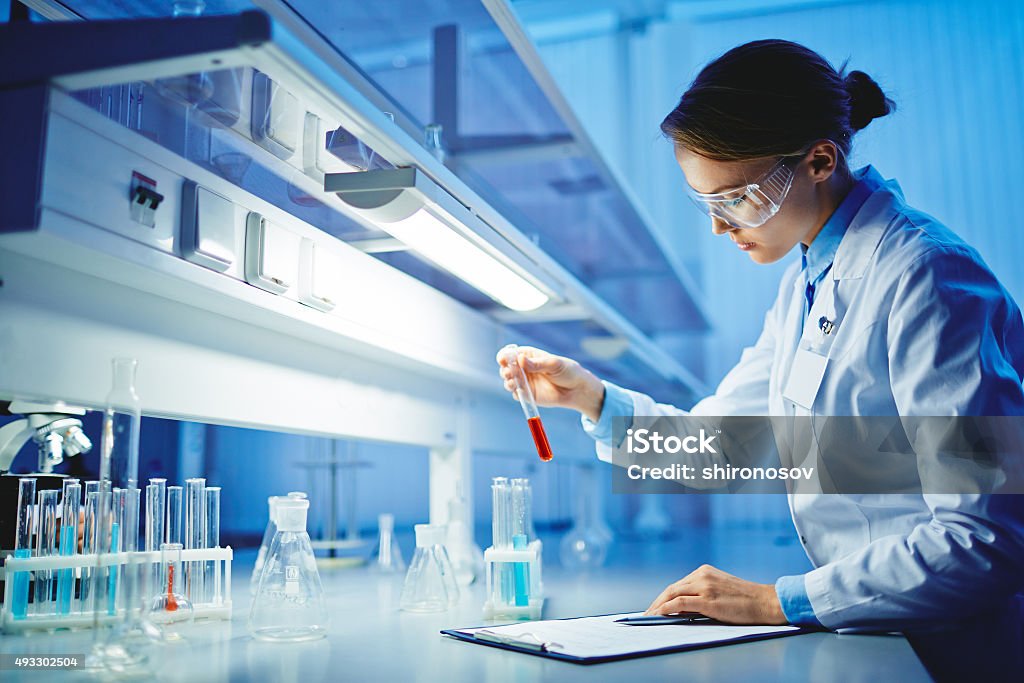
Medicinal Chemistry: Building Cures Molecule by Molecule
Medicinal chemistry is the science of designing and creating new drugs. Chemists in this field:
Design molecules to interact with specific disease targets.
Use their chemistry skills to synthesize these molecules.
Improve the drug’s safety, effectiveness, and how the body processes it.
Medicinal chemists work with other scientists to bring new treatments from the lab to patients.
PHARMACOLOGY – 1

Pharmacology 1: Drugs and the Body
Pharmacology 1 teaches you the basics of how drugs work. You’ll learn:
Pharmacokinetics: What the body does to a drug (absorption, breakdown, etc.).
Pharmacodynamics: What a drug does to the body (how it affects cells and systems).
Major Drug Types: Antibiotics, blood pressure medications, antidepressants, and more.
Safe Use:** Dosage, side effects, interactions, and how to maximize a drug’s benefits.
PHARMACOGNOSY – 1
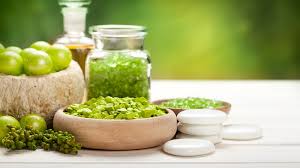
Pharmacognosy 1: Nature’s Medicine Cabinet
Pharmacognosy explores how we discover and develop medicines from plants, animals, and other natural sources. In Pharmacognosy 1, you’ll learn about:
The history of natural medicines.
Important medicinal plants and their active ingredients.
The science of turning natural products into effective drugs.
How traditional medicine uses natural remedies.
Pharmacognosy is vital for finding new cures and ensuring the safety of natural health products.
PHARMACEUTICAL ORGANIC CHEMISTRY – 3
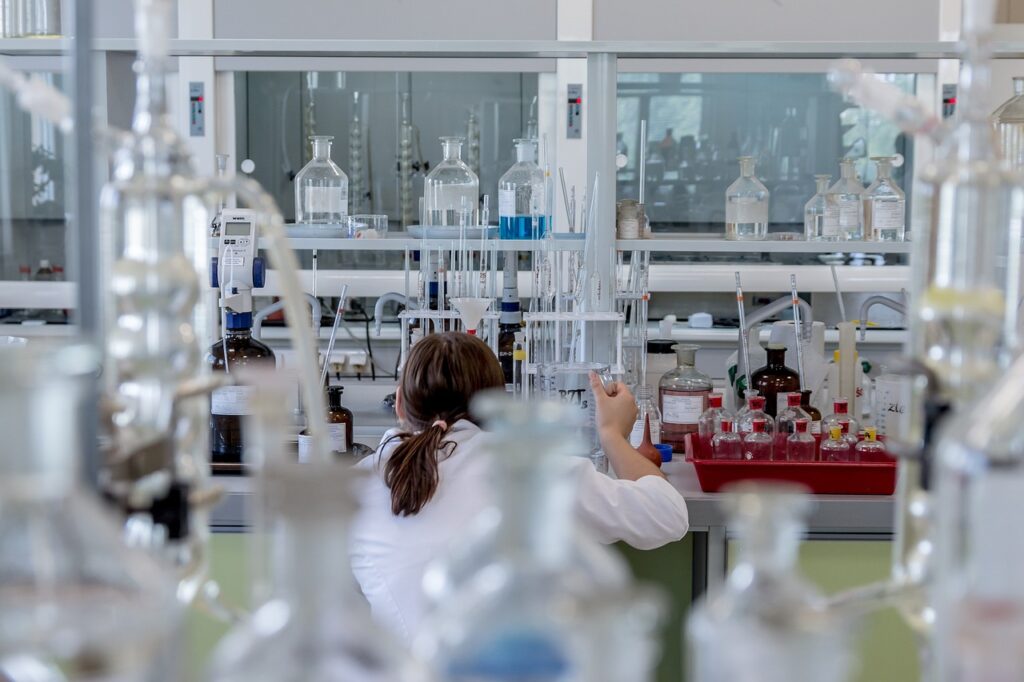
Pharmaceutical Organic Chemistry – 3
This specialized field is where chemistry meets drug development. It focuses on using the principles of organic chemistry to understand, design, and create medications.
Key areas for pharmaceutical organic chemists:
Drug Architects: They design new molecules with the potential to combat specific diseases.
Molecular Builders: They use their chemistry expertise to synthesize potential drug candidates in the lab.
Drug Improvers: They analyze and tweak drug structures to boost effectiveness and minimize unwanted side effects.
Investigators: They uncover exactly how drugs interact with the body on a molecular level.
PHYSICAL PHARMACEUTICS – 2
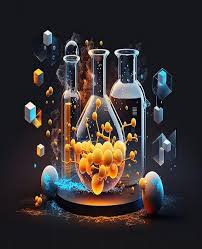
Physical Pharmaceutics 2
It goes beyond the basics, exploring how a drug’s physical properties and its formulation (tablet, liquid, etc.) influence how it works in the body.
Topics you’ll likely cover:
Dosage forms: Solutions, suspensions, gels, and advanced drug delivery systems.
Drug Properties: Solubility, particle size, and how they affect absorption.
Biopharmaceutics: How the body handles a drug based on its formulation.
Why it matters:
This knowledge helps scientists design effective medications, ensure drug stability, and predict how a drug will behave in the body.

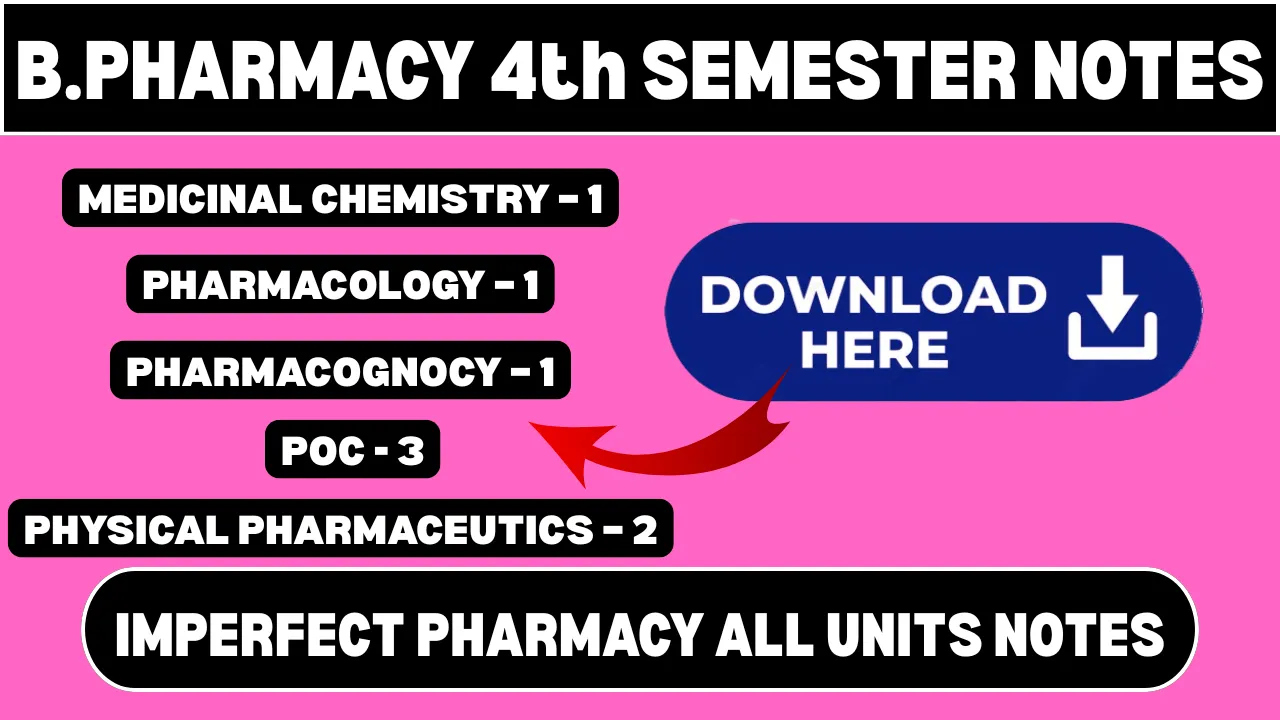
Thanks for you
Give me a proper notes without Ani problems thanku to imperfect pharmacy group
Juri ?